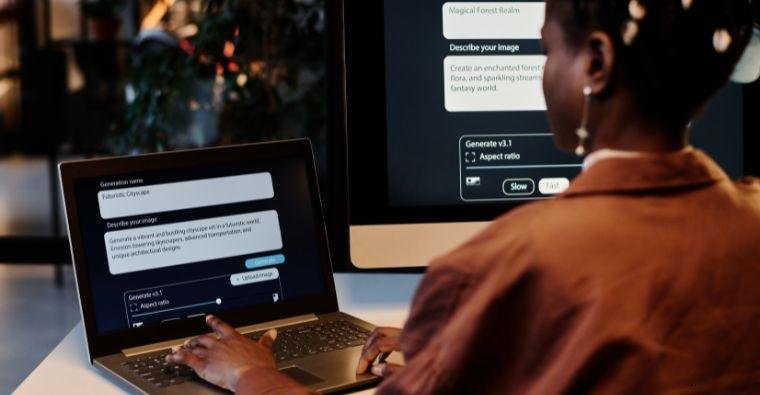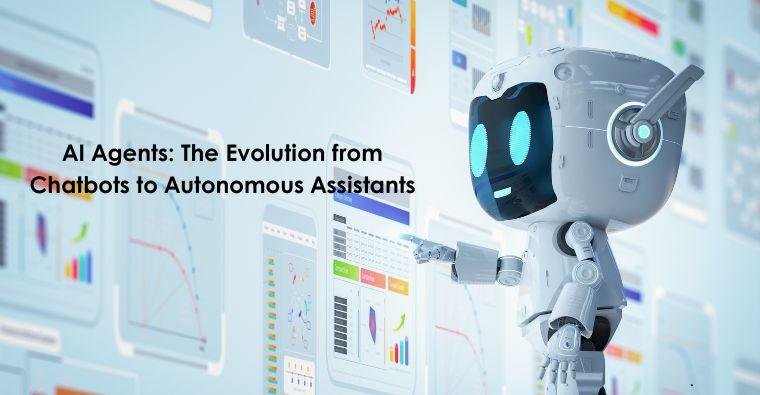The Rise of AI in Creative Fields
Artificial Intelligence is increasingly making its mark in creative fields, revolutionizing how art, music, and literature are created and consumed. From AI-generated paintings to algorithm-composed music and AI-written novels, this technology is opening new doors for artists and creators, offering innovative tools for expression and creativity.
AI and Art: A New Creative Partner
AI’s influence on the art world is undeniable. Artists are using AI programs like DeepArt and DALL-E to create stunning visuals and paintings that challenge traditional notions of authorship and creativity. These AI systems use deep learning algorithms to analyze existing artworks and generate new pieces, often combining styles and techniques in ways humans may not think to explore.
While some critics argue that AI lacks the emotional depth of human-made art, others embrace the technology as a tool for amplifying creativity. By using AI as a collaborator, artists can experiment with new techniques and visual concepts that would otherwise be time-consuming or complex to execute manually.
AI in Music: Composing the Future
AI is also leaving its mark on the music industry. Platforms like Amper Music, Aiva, and Jukedeck allow musicians, composers, and even amateurs to generate original music tracks with the help of AI. These systems analyze thousands of compositions to learn patterns and structures, then use that knowledge to compose original pieces tailored to a given mood, genre, or purpose.
For musicians, AI can serve as both an inspiration and a practical tool. It can help with composing melodies, producing instrumental tracks, and even offering suggestions for harmonies or lyrics. While AI-generated music is still developing, it is already being used in commercials, films, and gaming, offering a new avenue for sound creation.
AI in Literature: Writing the Next Bestseller
AI's ability to generate text is increasingly becoming a part of the literary world. OpenAI's GPT models, like the one you're interacting with now, are capable of writing poems, short stories, and even full-length novels. Authors and writers are using AI for inspiration, editing, and even generating entire drafts of content.
One significant benefit of AI in literature is its potential to make writing more accessible. Aspiring authors can use AI tools to help overcome writer’s block, develop plot ideas, or refine their writing style. AI can also analyze trends in successful novels, helping authors understand what themes or writing structures resonate with readers.
However, the rise of AI-generated literature has raised questions about originality and authorship. Will AI-driven works be considered “real” art? Can a machine understand human emotions deeply enough to write compelling stories? These are debates that will continue as AI plays a larger role in the literary world.
Ethical Considerations and the Future of AI in Creative Fields
As AI continues to play a larger role in the creative process, it raises important ethical questions. Who owns the rights to AI-generated art, music, or literature? Can AI be considered an artist, or is it simply a tool for human creativity? There’s also the question of whether AI’s growing role could undermine the value of traditional artistic careers.
Nonetheless, AI’s potential as a creative partner is undeniable. As the technology improves, we can expect even more exciting innovations in art, music, and literature. AI may not replace human creativity, but it will certainly change the way we create and experience creative works.
The rise of AI in creative fields is transforming the way we think about art, music, and literature. By offering new tools for expression and creativity, AI is helping artists, musicians, and writers explore new possibilities. As AI continues to evolve, its influence in creative fields is bound to grow, presenting both opportunities and challenges for creators and audiences alike.




